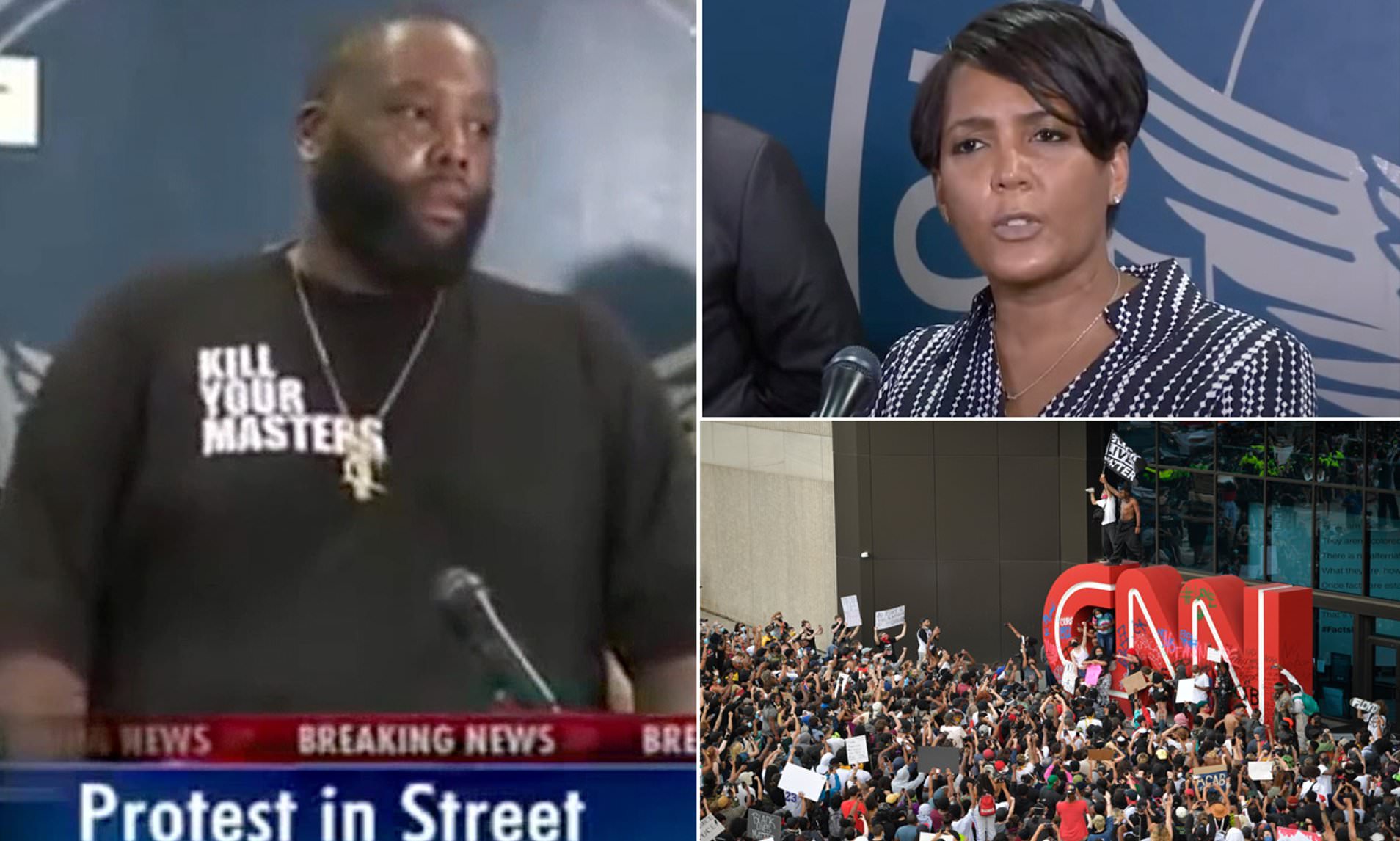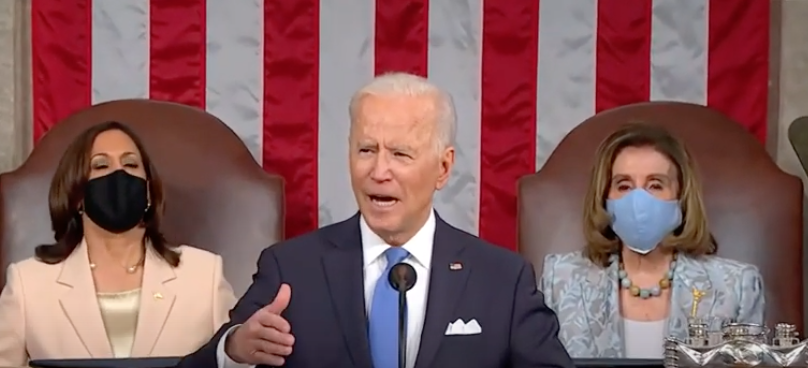Booster Shot
March 12, 2021
President Biden's address to the nation on anniversary of COVID shutdown "had a preternatural quality to it," our analyst writes.
President Joseph R. Biden, Address to the Nation, Washington DC March 11, 2021.
Joe Biden made appealing for national unity look easy in his first prime-time presidential address. He sought refuge in the myth of US supremacy in technological progress, a claim greatly enhanced by the miraculous creation of a vaccine (OK, mostly by US-based pharmaceutical companies) and the landing of the latest NASA rover on Mars (check). He gave his countrymen and women a vision both realistic and romantic, that of backyard barbecues this coming Fourth of July. He never said the words “Democratic” or “Republican.”
His main pitch for unity was rooted in the universality of human emotions, set mainly in the context of family life:
While it was different for everyone, we all lost something—a collective suffering, a collective sacrifice, a year filled with the loss of life and the loss of living.
Who among us has not suffered loss and cradled hope with respect to a grandparent or grandchild? Biden turned from his standard reflections about the deaths of his own children and the trope of the empty dinner table to a fresh variation in which he asked his audience to feel the emotions of having to bring bad news to a child, a trudge upstairs to the bedroom that most people could readily imagine after the year of heavy pains being commemorated on this March night:
At one point he withdrew a card from his breast pocket; one side lists his daily schedule, the other the latest COVID19 death count. It stood at 527,726, “more deaths than in World War I, World War II, the Vietnam War, and 9/11 combined.” War is also a unifying topic, and Biden avowed to keep the nation on a “wartime footing.”
Throughout the delivery of his remarks Biden found a sweet performative spot between desperate pleading and tendentious bragging. He did ask everyone to do their part, and did assert that there is nothing Americans can’t do when they do it together. He paraphrased Hemingway about resilience (I would have preferred Elizabeth Edwards). His tone was perfectly modulated, and it drew credibility from the unifying devices of technology, holiday, war, and family life. It also gained from his condemnation of prejudice against Asian-Americans and the precisely enunciated logistical details of the vaccination program.
The partisan politics is coming back. Biden signaled his impending victory/sales tour for the American Rescue Act, which he signed into law just hours before the speech. He did not mention that it had been passed without a single Republican vote. Apart from laying down that travel marker, and a few oblique but emphatic references to the untruths about the pandemic uttered by his predecessor, the president confined himself to the speaking mission of projecting apolitical confidence about the near future.
The address had a preternatural quality to it. Moments without Twitter have their advantages.



